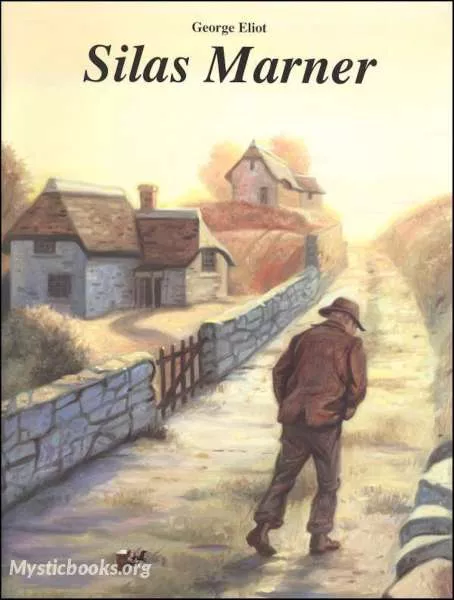
Silas Marner
by George Eliot
'Silas Marner' Summary
The novel is set in the early years of the 19th century. Silas Marner, a weaver, is a member of a small Calvinist congregation in Lantern Yard, a slum street in Northern England. He is falsely accused of stealing the congregation's funds while watching over the very ill deacon. Two pieces of evidence implicate Silas: a pocket knife, and the discovery in his own house of the bag formerly containing the money. There is the strong suggestion that Silas' best friend, William Dane, has framed him, since Silas had lent his pocket knife to William shortly before the crime was committed. Lots are drawn in the belief – shared by Silas – that God will direct the process and establish the truth, but they indicate that Silas is guilty. The woman Silas was to marry breaks their engagement and marries William instead. With his life shattered, his trust in God lost, and his heart broken, Silas leaves Lantern Yard and the city for a rural area where he is unknown.
Marner travels south to the Midlands and settles near the rural village of Raveloe in Warwickshire where he lives isolated and alone, choosing to have only minimal contact with the residents beyond his work as a linen weaver. He devotes himself wholeheartedly to his craft and comes to adore the gold coins he earns and hoards from his weaving.
One foggy night, the two bags of gold are stolen by Dunstan ("Dunsey") Cass, a dissolute younger son of Squire Cass, the town's leading landowner. On discovering the theft, Silas sinks into a deep depression despite the villagers' attempts to aid him. Dunsey immediately disappears, but the community makes little of this disappearance since he has vanished several times before.
Godfrey Cass, Dunsey's elder brother, also harbours a secret past. He is married to, but estranged from, Molly Farren, an opium-addicted working-class woman living in another town. This secret prevents Godfrey from marrying Nancy Lammeter, a young middle-class woman. On a winter's night, Molly tries to make her way to Squire Cass's New Year's Eve party with her two-year-old girl to announce that she is Godfrey's wife. On the way, she collapses in the snow and loses consciousness. The child wanders away and into Silas' house. Silas follows the child's tracks in the snow and discovers the woman dead. When he goes to the party for help, Godfrey heads outdoors to the scene of the accident, but resolves to tell no one that Molly was his wife. Molly's death, conveniently for Godfrey and Nancy, puts an end to the marriage.
Silas keeps the child and names her Eppie, after his deceased mother and sister, both named Hephzibah. Eppie changes Silas' life completely. Silas has been robbed of his material gold, but thinks that he has it returned to him symbolically in the form of the golden-haired child. Godfrey Cass is now free to marry Nancy, but continues to conceal the fact of his previous marriage—and child—from her. However, he aids Marner in caring for Eppie with occasional financial gifts. More practical help and support in bringing up the child is provided by Dolly Winthrop, a kindly neighbour of Marner's. Dolly's help and advice assist Marner not only in bringing up Eppie, but also in integrating them into village society.
Sixteen years pass, and Eppie grows up to be the pride of the village. She has a strong bond with Silas, who through her has found a place in the rural society and a purpose in life. Meanwhile, Godfrey and Nancy mourn their own childless state, after the death of their baby. Eventually, the skeleton of Dunstan Cass—still clutching Silas' gold—is found at the bottom of the stone quarry near Silas' home, and the money is duly returned to Silas. Shocked by this revelation, and coming to the realisation of his own conscience, Godfrey confesses to Nancy that Molly was his first wife and that Eppie is his child. They offer to raise her as a gentleman's daughter, but this would mean Eppie would have to forsake living with Silas. Eppie politely but firmly refuses, saying, "I can't think o' no happiness without him."
Silas revisits Lantern Yard, but his old neighbourhood has been "swept away" in the intervening years and replaced by a large factory. No one seems to know what happened to Lantern Yard's inhabitants. However, Silas contentedly resigns himself to the fact that he will never know and now leads a happy existence among his self-made family and friends. In the end, Eppie marries a local boy she has grown up with, Dolly's son Aaron, and they move into Silas' house, which has been newly improved courtesy of Godfrey. Silas' actions through the years in caring for Eppie have apparently provided joy for everyone, and the extended family celebrates its happiness.
Book Details
Language
EnglishOriginal Language
EnglishPublished In
1861Authors
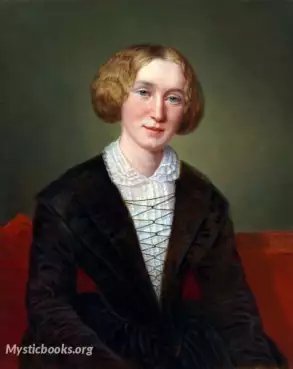
George Eliot
England
Mary Ann Evans known by her pen name George Eliot, was an English novelist, poet, journalist, translator and one of the leading writers of the Victorian era. Like Charles Dickens and Thomas Hardy, she...
Books by George EliotDownload eBooks
Listen/Download Audiobook
Related books
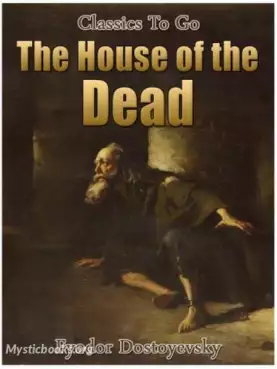
The House of the Dead by Fyodor Dostoyevsky
The House of the Dead is a semi-autobiographical novel published in 1860–2 in the journal Vremya by Russian author Fyodor Dostoevsky, which portrays t...

סיפורים (Stories) by מיכה יוסף ברדיצ'בסקי Micha Josef Berdyczewski
This collection of stories by Micha Josef Berdyczewski explores the complex experiences of Jewish individuals grappling with modernity and the pressur...
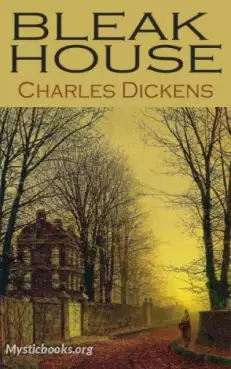
Bleak House by Charles Dickens
Bleak House is a novel by Charles Dickens, first published as a 20-episode serial between March 1852 and September 1853. The novel has many characters...

Exiles by James Joyce
Exiles is a play by James Joyce that explores themes of love, betrayal, and the complexities of human relationships. Set in Dublin, the play focuses o...
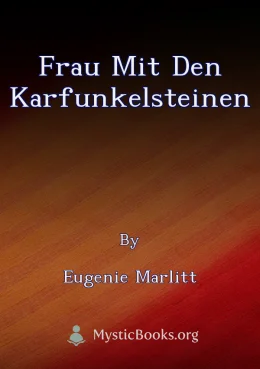
Frau mit den Karfunkelsteinen by Eugenie Marlitt
In the Lamprecht family's grand manor, whispers of a deceased ancestor's restless spirit circulate among the servants. Beneath the façade of affluence...
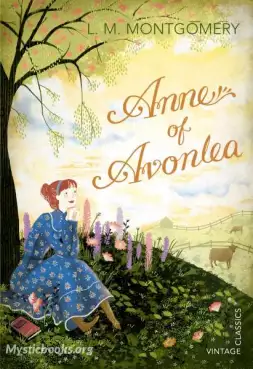
Anne of Avonlea by Lucy Maud Montgomery
Anne of Avonlea was published in 1909, immediately after the first book. It contains several of the characters present in the previous book, so reader...
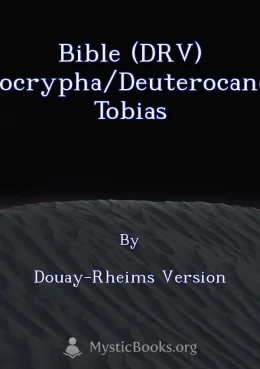
Bible (DRV) Apocrypha/Deuterocanon: Tobias by Douay-Rheims Version
Tobias is the 17th book of the Bible and one of the historical books in the Old Testament. In the text, Raphael, after revealing his angelic nature, c...

Henry Dunbar by Mary Elizabeth Braddon
In Victorian England, Henry Dunbar returns from a 30-year exile in India, haunted by his past as a forger. He faces the moral and social consequences...
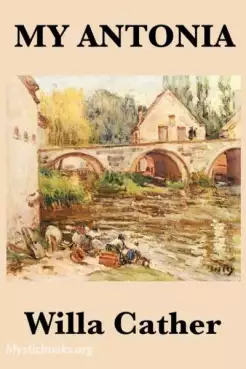
My Antonia by Willa Cather
My Ántonia is a novel published in 1918 by American writer Willa Cather, considered one of her best works. The novel tells the stories of an orphaned...
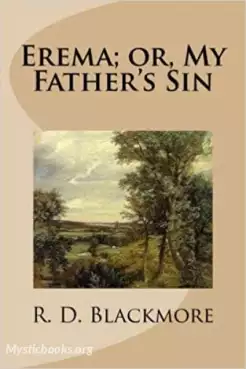
Erema by R.D. Blackmore
Erema; or, my father's sin is a three-volume novel by R. D. Blackmore published in 1877. The novel is narrated by a teenage girl called Erema whose fa...
Reviews for Silas Marner
No reviews posted or approved, yet...